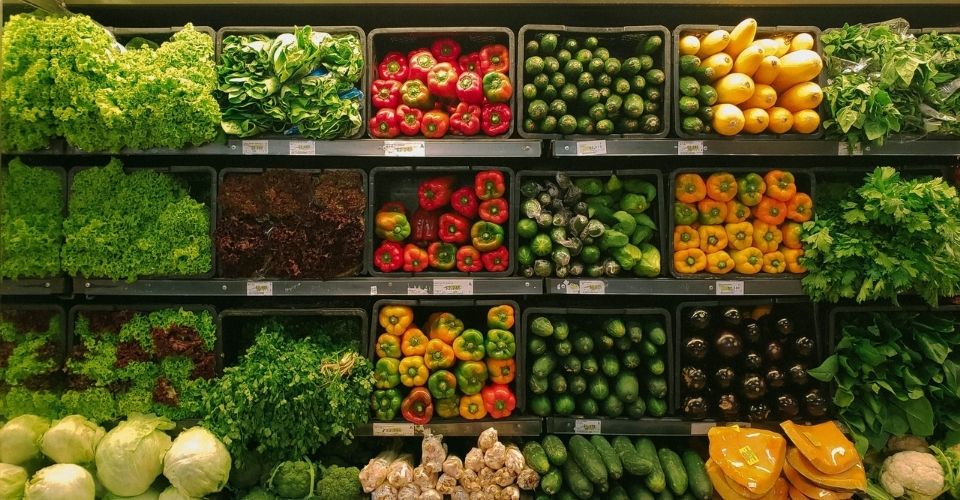One of the most constantly evolving industries is the food and beverage industry. Based on consumer trends, seasonal demands, tough competition and constant innovation, it has become very challenging to manage food inventory and its resource planning.
Overview
What Is Food Inventory Management?
Food inventory management is a system of tracking:
- What inventory comes into your restaurant such as raw materials from the vendor
- What inventory is being used
- What inventory is left at the end
A food inventory management system is important for running a profitable and successful restaurant. Having control over the Food Inventory helps restaurants to maximize the return on investment (ROI) of ingredients. It effectively manages waste, increases productivity and controls cash flow.
How Effectively You Can Manage Food Inventory
Plan and Get Organised
This is the first step to get organised and plan a categorization system for your inventory. Create a food inventory spreadsheet to track consumption and perishable goods. Utilize a food inventory app that tracks essential elements such as your freezer with alerts and notifications.
Embrace Automation and Understand Your Demand
In this digital world, there is no use for a paper-based inventory management system. Use specialised software, customised for the food service industry with infinite benefits
- Track inventory from suppliers to the customers
- Review and confirm costs for contracts, orders, shipping.
- Automate ordering processes to the restaurant menu.
A POS system specialized for restaurants will be the perfect choice for you in inventory management.

Train Your Staff
To manage efficiently, you need every one of your staff, as they’re directly in charge of cooking and serving. Moreover, it helps you to reduce food wastage, prevent over or under ordering, identify theft and track the health of your business.
►►►► Please visit our products: digital banking, situation analysis, Shopify markets, Vietnam Photography Tour, Photography Tour Guide Viet Nam, supply chain operations management, fintech ai, Multi Store POS, Woocommerce POS, Mobile POS, White label POS, POS Reseller, Beauty Supply Store POS, Retail POS and Vape shop POS
The main aim here is to ensure your employees understand the system and minimize any wastage or spillage. By avoiding food wastage, you can maintain your profit margins. Food wastage is a big problem throughout the United States which is estimated as 30-40 per cent of the supply ending up in the trash.
Follow the FIFO Method
The first-in, first-out method is exclusively made for the food industry. This helps in sorting foods items based on their expiry date and by the order they come in. This will make you serve customers the newest and trendiest dishes possible

Check and Stay Put on Inventory
It’s always a good idea to monitor your stock levels and check at regular intervals. It mainly helps with unintentionally cooking outdated food, causing nausea and illness for your diners, resulting in breaches of health and safety regulations. This might lead to irreversible damage to your restaurant.
Control Storage
You should not let inventory be idle in your storage space. It is essential to create a balance of having enough stock, that the restaurant keeps serving excellent dishes without wastage.
Update and Review Feedbacks
Menus and dishes will be constantly changing which might lead to changes in inventory requirements. By keeping your food inventory system updated you can adjust accordingly, and deliver great food so they can talk about you with their friends and family.
Final words
Food inventory is very crucial to run your business smoothly, failure in managing this results in spoilage of products and a bad supply chain, which reduce sales, lower profit margins and customer loyalty.
Optimizing technology into food inventory perseverance will be a long-term guarantee for your restaurant success. See how ConnectPOS has helped a fast-food chain in Cameroon smoothly run their business in the difficult time of Covid-19.
